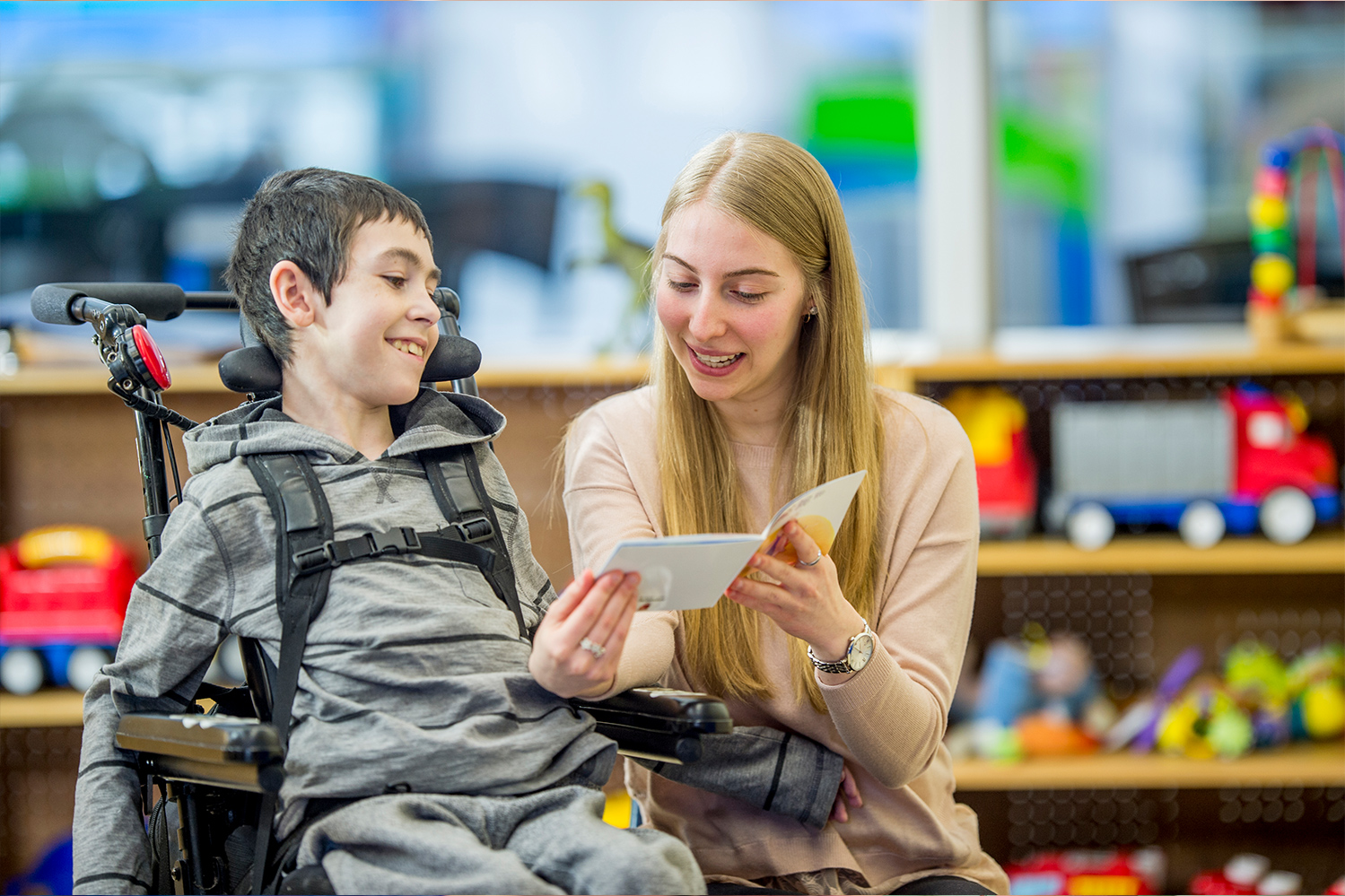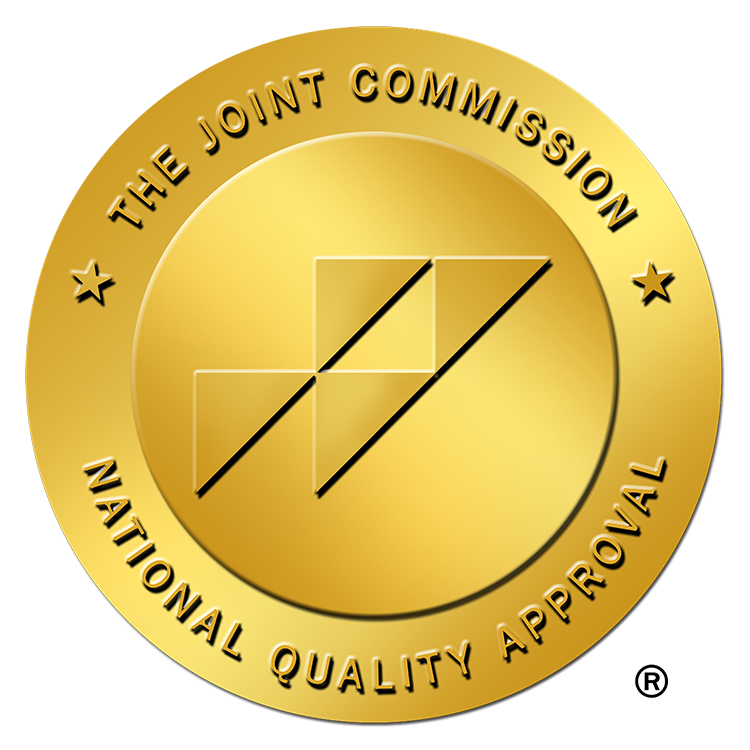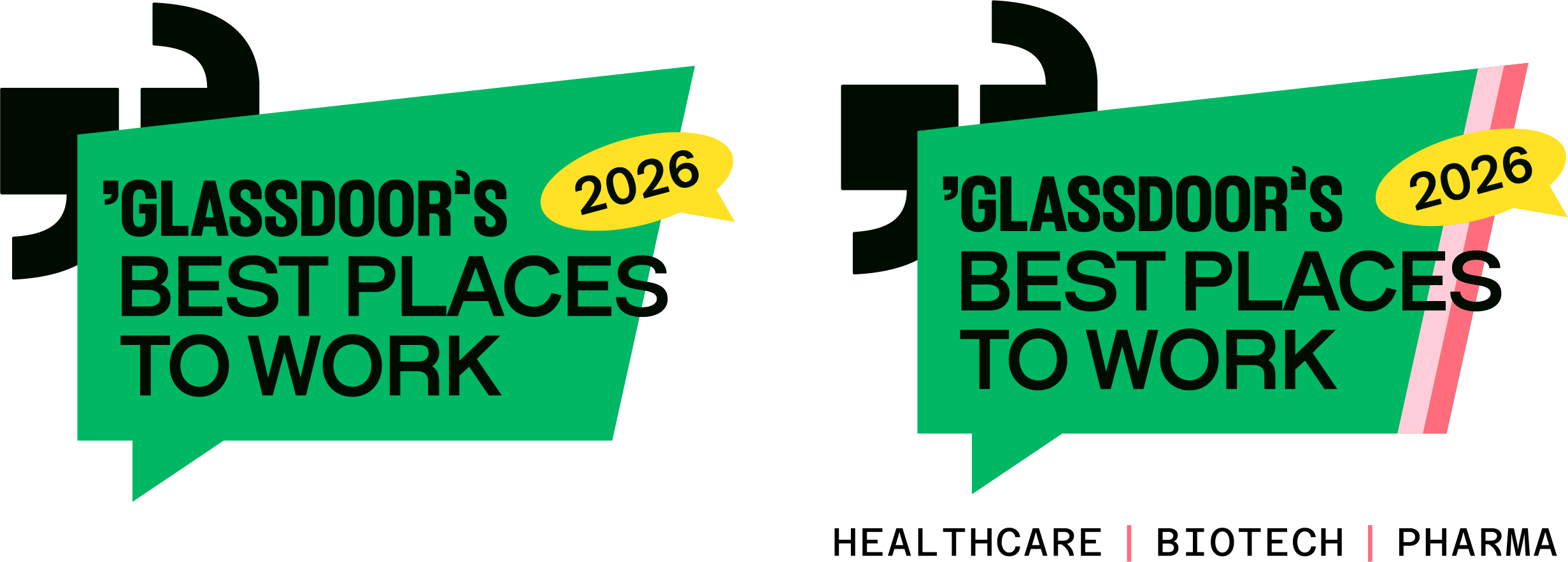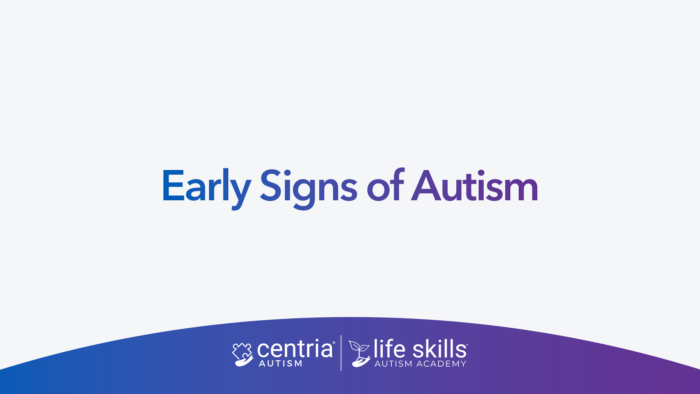
What is Autism?
Understanding Autism Spectrum Disorder (ASD)
Autism Spectrum Disorder (ASD) is a developmental condition that affects how a person communicates, interacts with others and experiences the world. It’s called a “spectrum” because the symptoms and their intensity can vary widely from one individual to another.
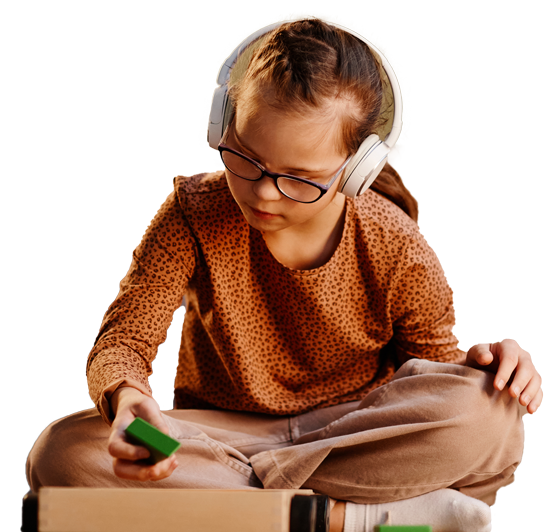
Supporting You on This Journey
If your child has recently been diagnosed with autism, or if you suspect they might be on the spectrum, it’s natural to have many questions and concerns. This page is here to help you understand what autism is and how Centria can support your child in achieving a successful and fulfilling life.
Autism presents unique challenges, but with the right support, individuals with autism can thrive. Establishing routines, providing sensory-friendly environments, and fostering strong support systems are crucial. Families play a vital role in this journey, and at Centria, we are here to support you every step of the way.
What Is Autism?
Autism Spectrum Disorder is a neurological and developmental condition that typically appears in early childhood. It affects each person differently, but common characteristics include challenges with social skills, repetitive behaviors, speech and nonverbal communication. Despite these challenges, individuals with autism have a unique set of strengths and can lead successful lives with the right support and understanding.
Applied Behavior Analysis Therapy (ABA) is one of the therapy options available to individuals with autism, and it is the most widely recognized and proven effective approach. ABA focuses on improving specific behaviors such as communication, social skills and learning.
Signs and Symptoms of Autism
Recognizing the early signs of autism can be crucial in ensuring that your child receives the support they need. While every child is different, some common indicators include:
Early Signs
Delays in speech development, limited eye contact and difficulty in understanding social cues.
Behavioral Indicators
Repetitive behaviors such as hand-flapping, insistence on routine and strong interests in specific topics.
Social Symptoms
Difficulty in forming relationships with peers, preference for solitary activities and challenges in understanding others’ emotions.
Autism in Children
Autism often manifests during early childhood. It’s important to note that boys and girls may display different symptoms, and these can evolve as the child grows. Early intervention is key to helping your child navigate these challenges and develop essential life skills.

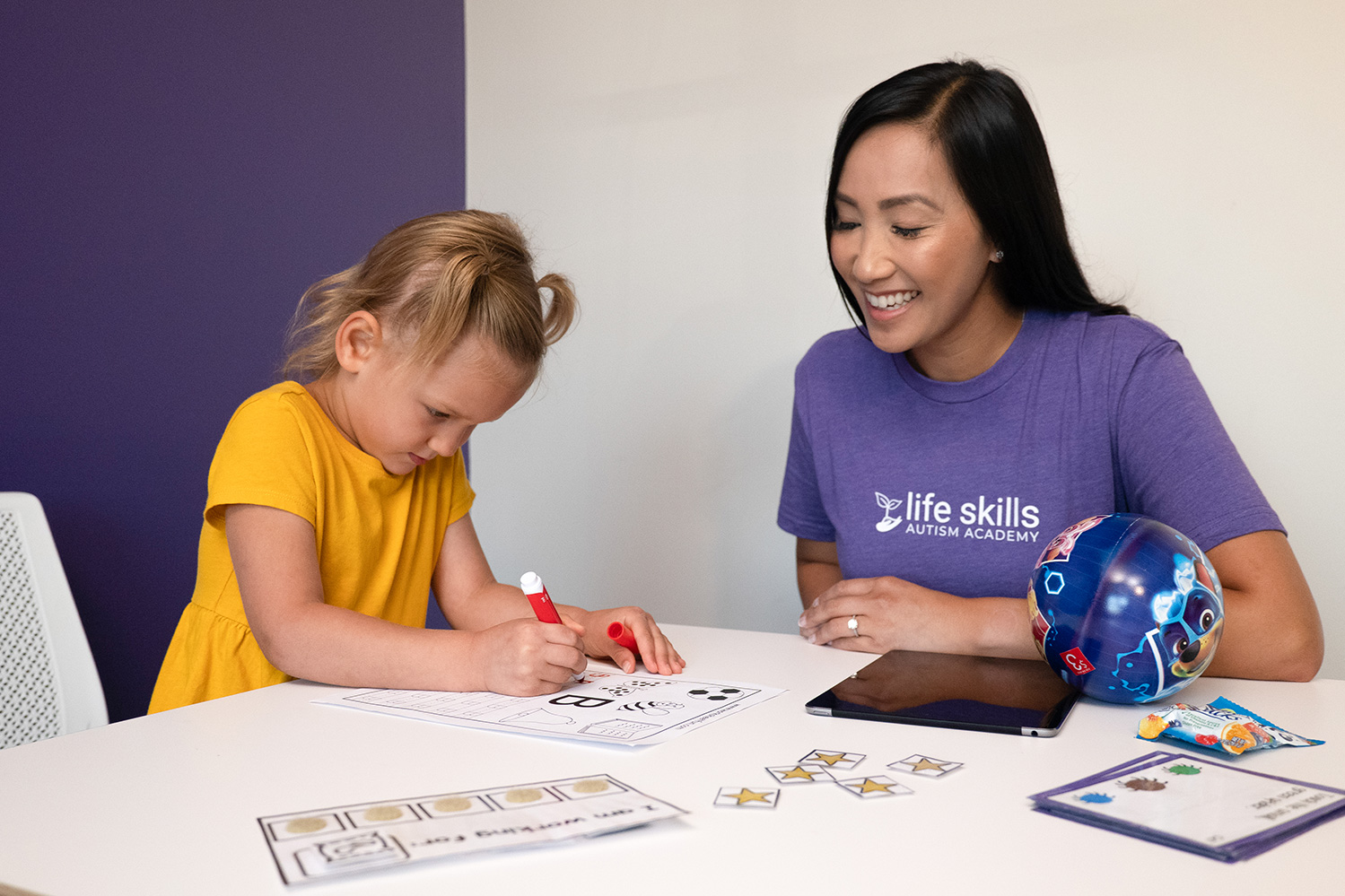
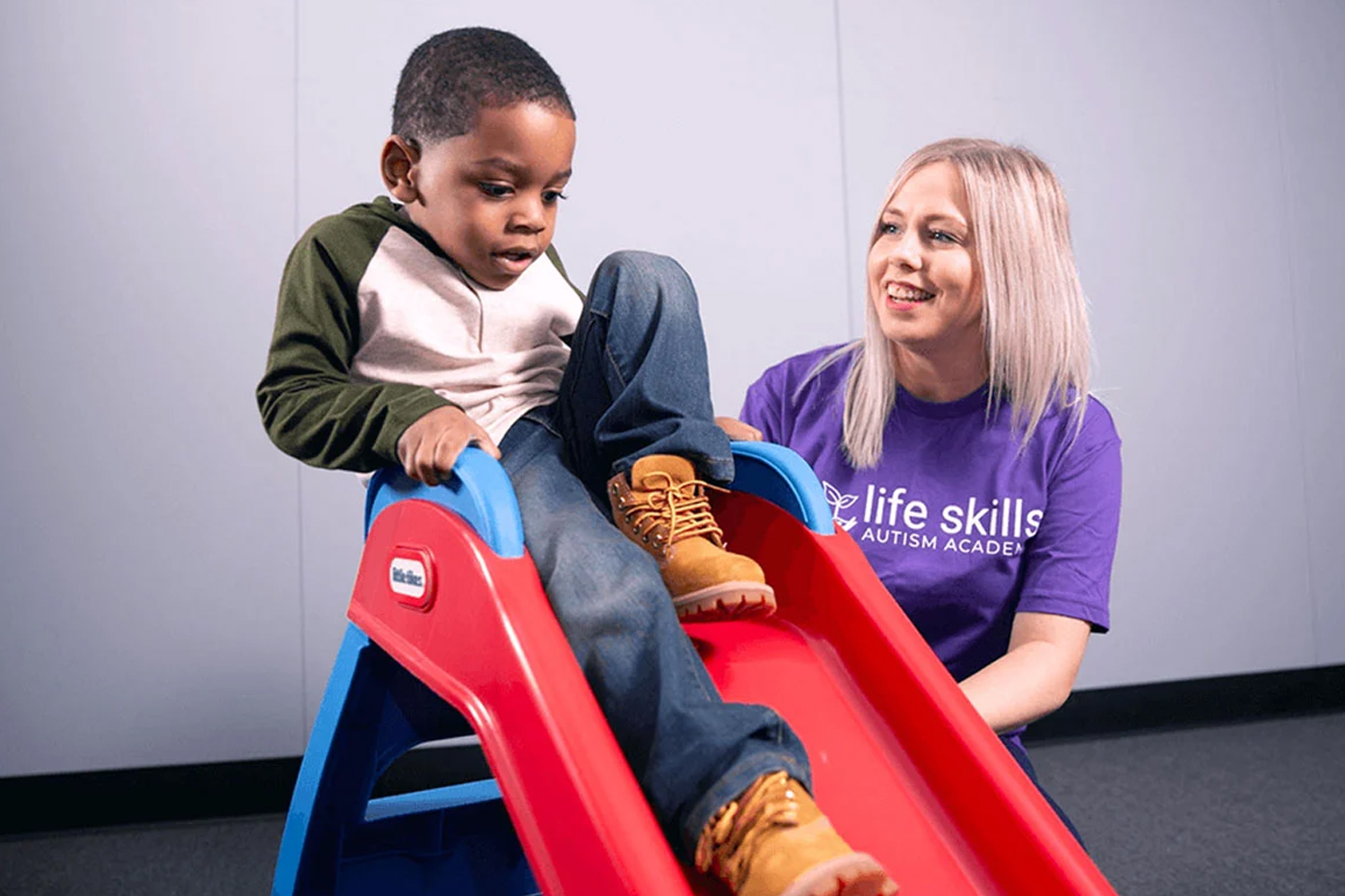
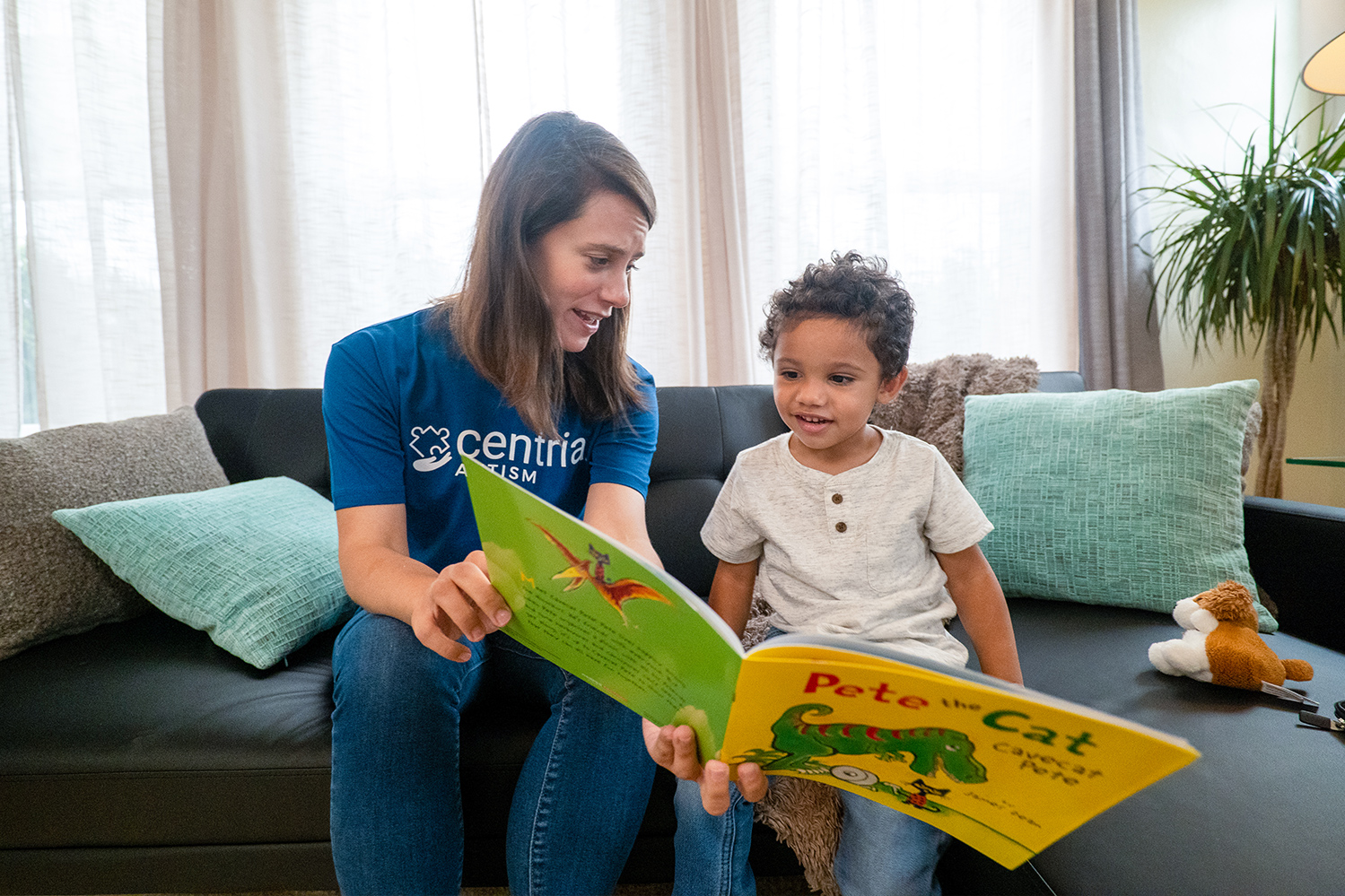
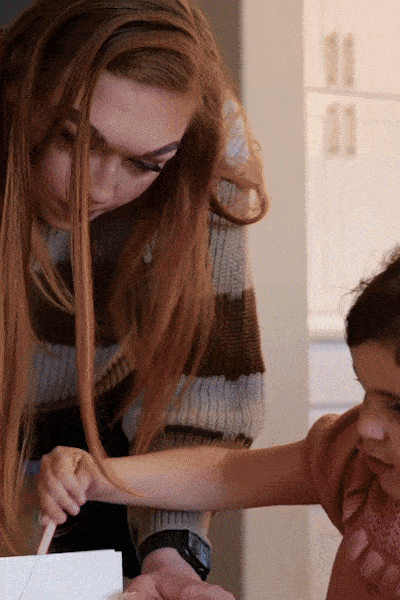

Diagnosis of Autism
If you suspect that your child may be on the autism spectrum, obtaining a professional diagnosis is essential. At Centria, we offer diagnostic evaluations in certain states, conducted by experienced professionals who specialize in autism. These evaluations use tools such as the M-CHAT (Modified Checklist for Autism in Toddlers) and the ADOS (Autism Diagnostic Observation Schedule) to assess your child’s needs.
To learn more about our diagnostic services, please visit our Diagnostic Services page or we invite you to get started right now.
Therapies for Autism
At Centria, we believe in the potential of every child. Applied Behavior Analysis (ABA) is the cornerstone of our thereputic approach. It focuses on improving communication, social skills, and learning, tailored to each child's unique needs and goals.
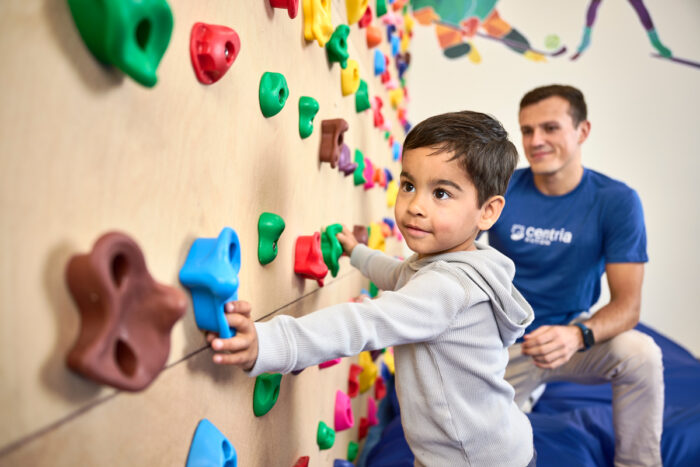
Center-Based Therapy
A structured environment where your child can interact with peers and receive targeted support from our professional therapists.
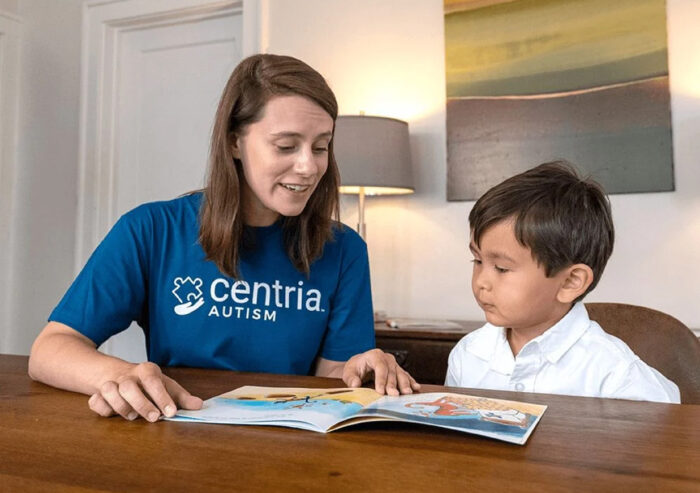
In-Home Therapy
Personalized therapy sessions conducted in the comfort of your home, where your child feels most at ease.

Life Skills Autism Academy
Life Skills Autism Academy focuses on early intervention, offering services for children 5 years old and younger. These centers mimic a school environment, emphasizing peer socialization and preparing your child for future success.
Looking for a Career in Autism?
Join our team and make a difference in the lives of individuals with autism. Explore career opportunities in BCBA, Behavior Technician, Corporate, Healthcare and more.
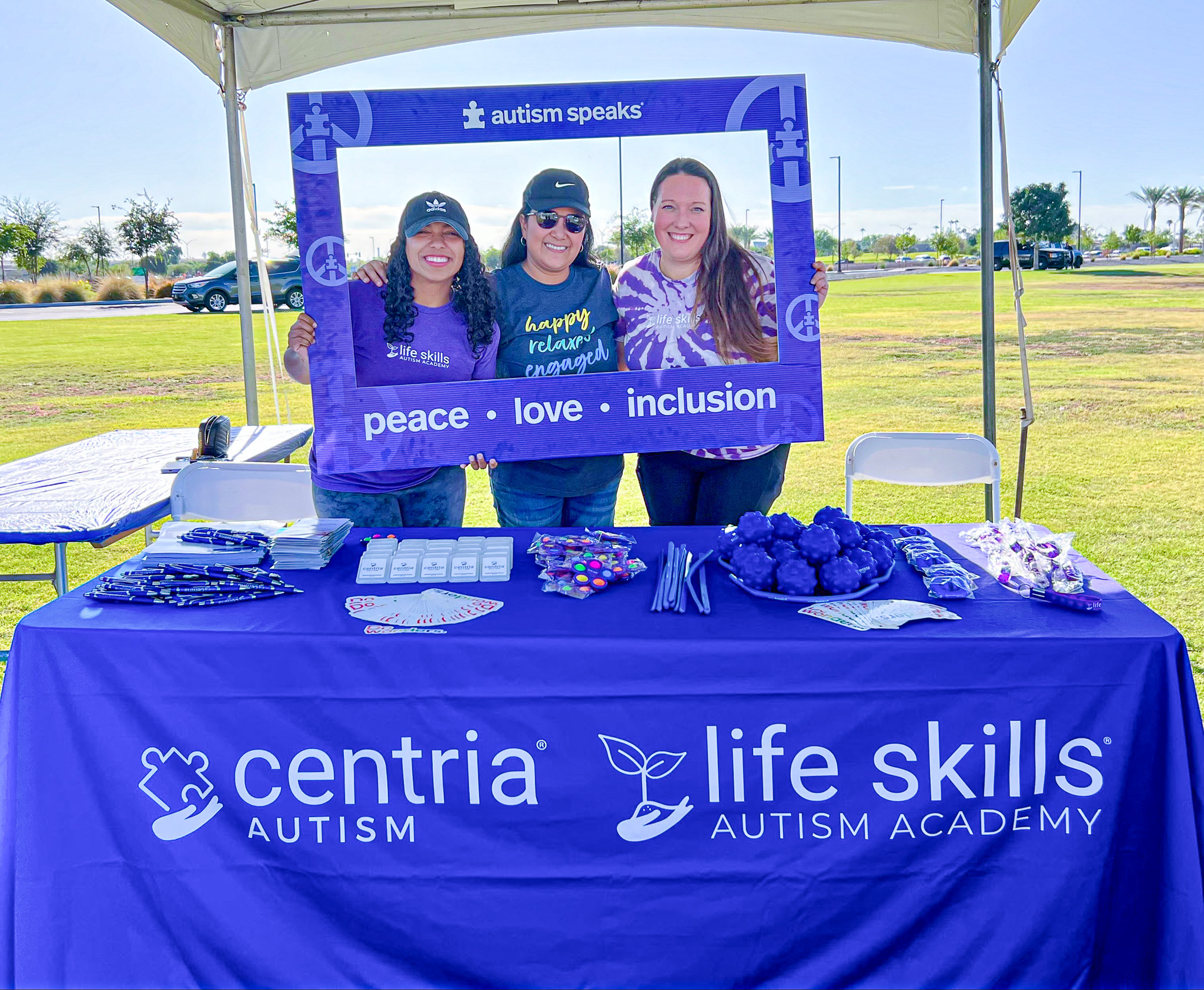
We Are Here to Answer Any of Your Questions
Services are available in select markets. To get started, click here and complete the form.
For markets where we do not offer services currently, our team of specialists can help connect you with a provider in your area that provides diagnostic evaluations.
9 MONTH-OLD MILESTONES
Bears weight on legs with support
Sits with help
Babbles (says “mama,” “baba,” “dada”)
Responds to own name
Transfers toys from one hand to the other
1 YEAR-OLD MILESTONES
Crawls
Stands when supported
Searches for things that he or she sees you hide
Says single words like “mama” or “dada”
Points to things
18 MONTH-OLD MILESTONES
Points with intent to show things to others
Knows what familiar things are used for
Copies others
Gains new words
Knows at least six words
Notices when a caregiver leaves or returns
2 YEAR-OLD MILESTONES
Uses two-word phrases (for example, “drink milk”)
Knows what to do with common things such as brushes, phones, forks and spoons
Copies actions and words
Follows simple instructions
3 YEAR-OLD MILESTONES:
Copies adults and friends
Takes turns playing games
Follows instructions with 2 or 3 steps
Says their own first name and age
4 YEAR-OLD MILESTONES
Enjoys doing new things
Would rather play with other children than by themselves
Able to name some colors and numbers
Can tell you what they think will happen next in a book
If your child is displaying any sign of developmental delays when comparing to their expected milestones, it’s important to speak to your child’s physician as a diagnostic test or screening for autism spectrum disorder may be necessary.

